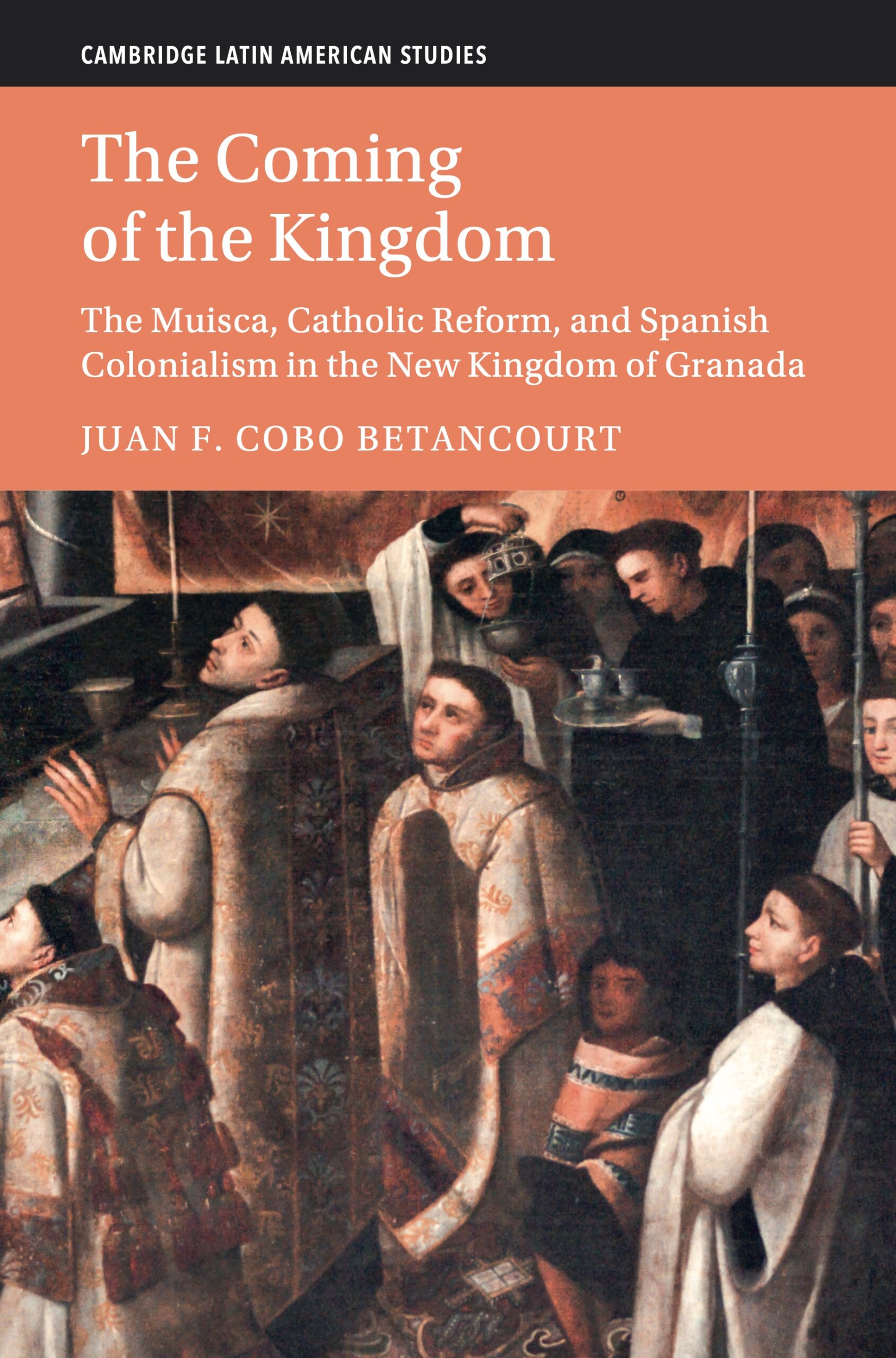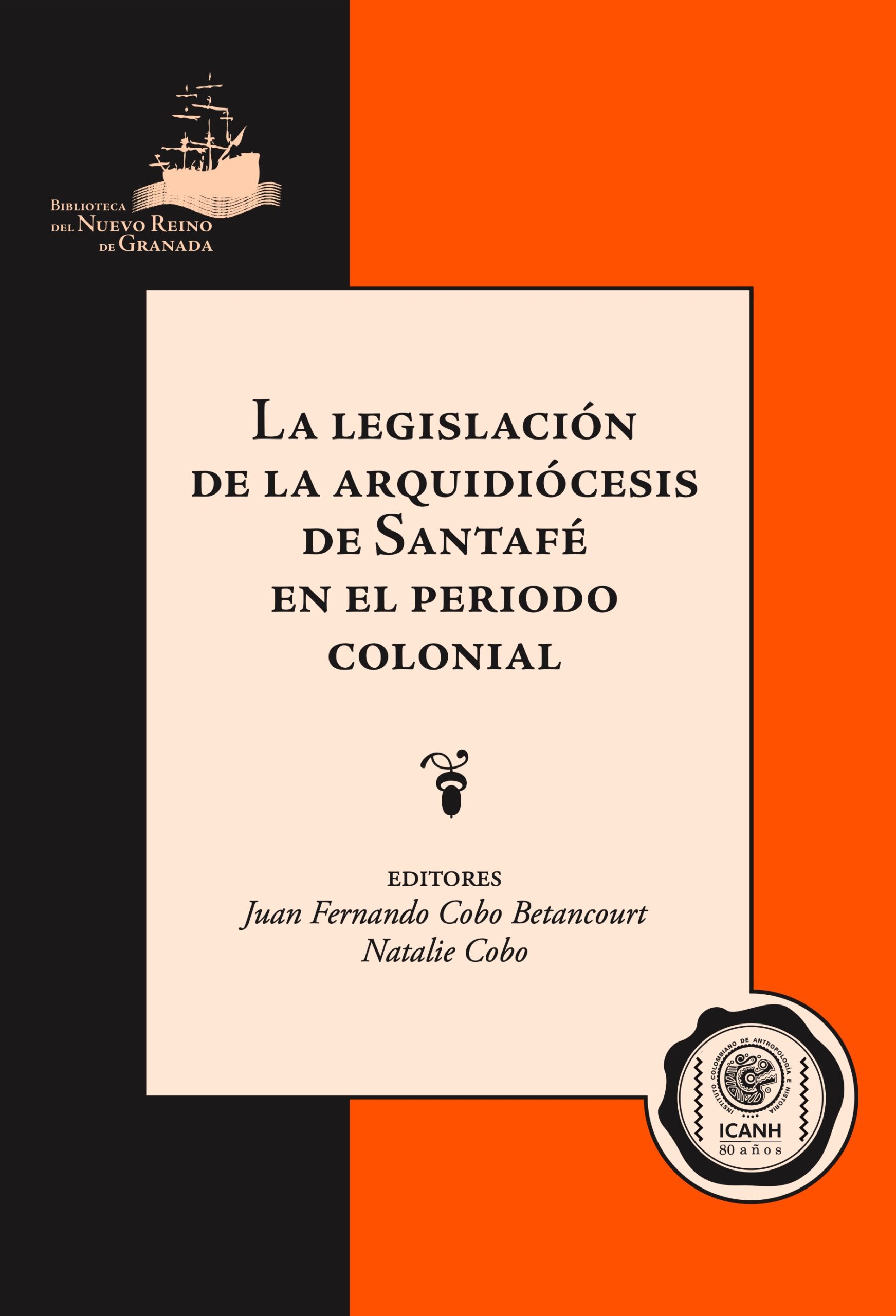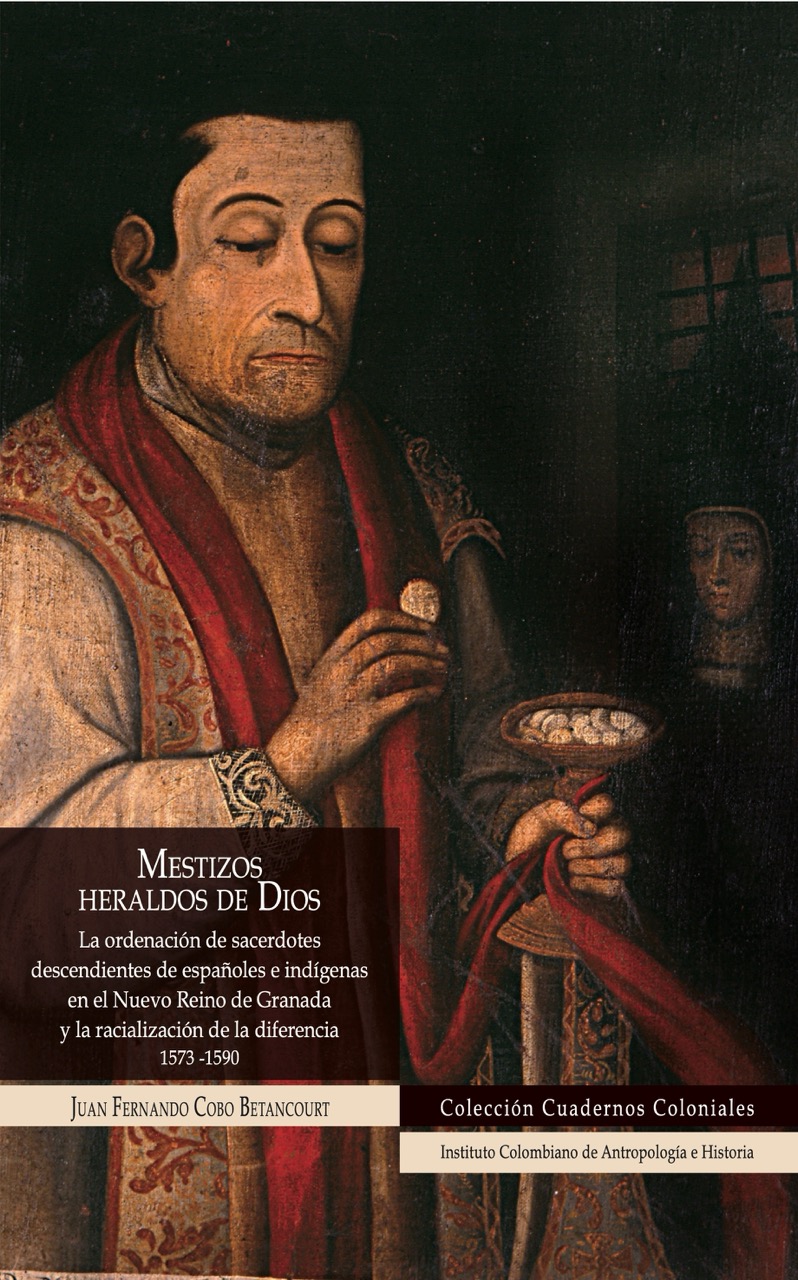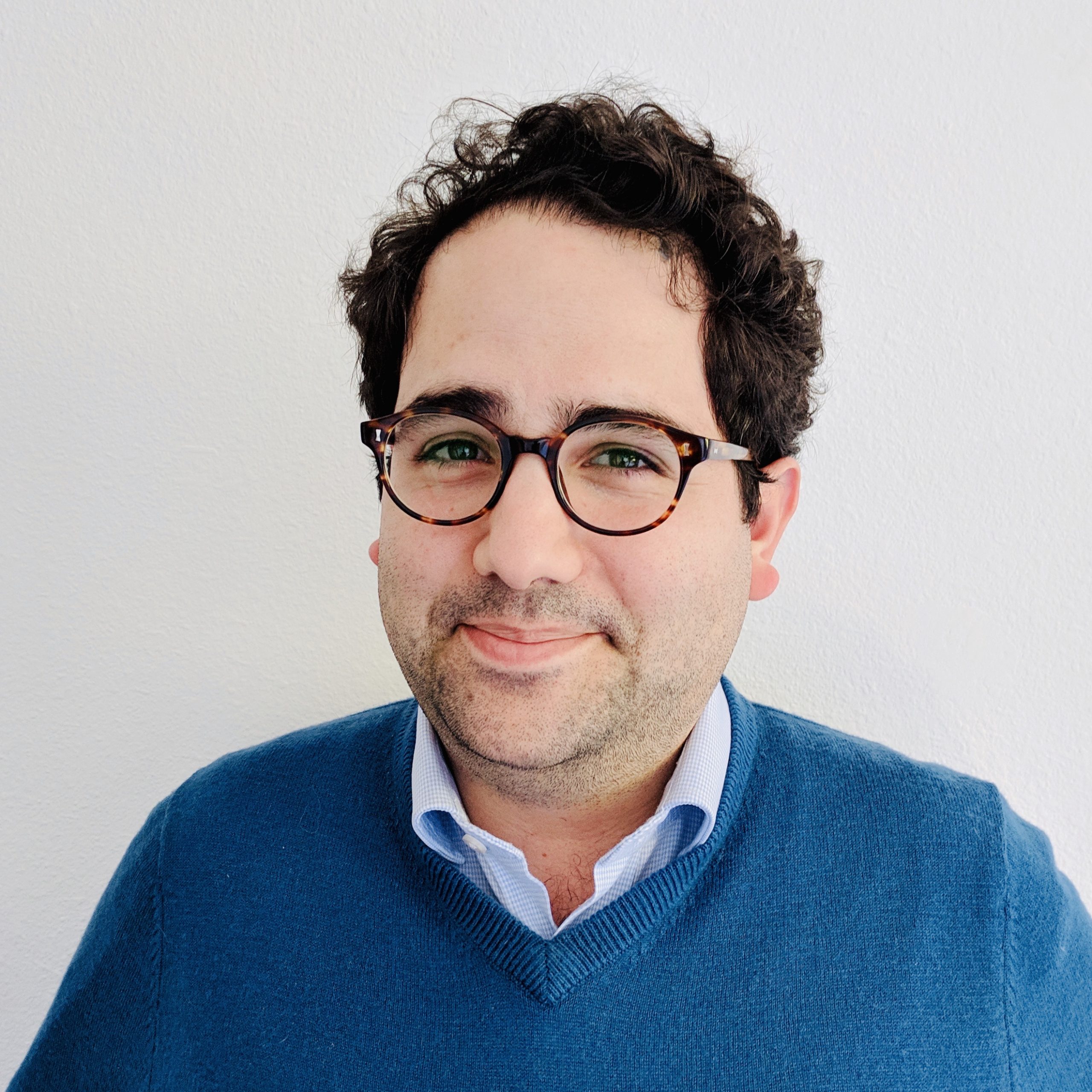My office hours in Spring 2025 (T 11-1) will be in Girvetz Hall 2311.
Click here for a map.
I am a historian of colonial Latin America and a scholar and practitioner of digital humanities and digital public history. Across these areas my work is rooted in the study of the history of the Indigenous peoples of the region of modern-day Colombia, known as the New Kingdom of Granada during the Spanish colonial period.
My work on colonial Latin America takes advantage of New Granada’s distinctive perspective to explore key questions in early modern history. One focus of this work has been the history of ideas and practices of race and difference, particularly surrounding Indigenous peoples and their descendants under Spanish rule. Another has been the history of early modern Ibero-American law (with a focus on ecclesiastical or “canon” law), exploring how legal regimes were produced, contested, negotiated, and translated by Europeans, Indigenous peoples, and their descendants. The third has been the history of Indigenous religious, political, and cultural change under colonialism, exploring the transformations undergone by Indigenous peoples of the Northern Andes as a result of the Spanish invasion of their lands in the early 16th century and subsequent efforts to transform them into tribute-paying Catholic subjects of the Spanish monarchy.
My digital work has focused on the preservation of historical materials through digitisation, for which I design and build custom hardware and software, and on the creation of digital archives, tools, and resources to make the use and study of these materials possible in new and different ways. As a public historian, I have also worked on multiple public-facing initiatives to bring historical materials to new audiences, through community-based cataloguing and peer-production projects in Colombia and Peru. My work in these areas takes place through the Colombian non-profit Neogranadina, which I co-founded, and the UCSB Archives, Memory, and Preservation Lab (AMPL), my teaching and research laboratory at the Center for Latin American and Iberian Research. With the help of UCSB graduate and undergraduate students, and volunteers around the world, we have made thousands of colonial materials from Colombian archives available online for the first time. You can access them here.
- Religious conversion and colonialism.
- The history of law and normativity.
- Languages in colonial contexts.
- Race and identity in the early modern world.
My most recent book, The Coming of the Kingdom: the Muisca, Catholic Reform, and Spanish Colonialism in the New Kingdom of Granada is a history of colonialism, religious reform, and historical writing that explores the engagement of the indigenous peoples of the New Kingdom of Granada with Christianity, in the context of the construction of Spanish colonial rule in the Northern Andes and the transformation of Roman Catholicism in the early modern period.
To see some of the digital humanities projects I am currently working on, and to get involved, see the AMPL website.
 |
The Coming of the Kingdom: the Muisca, Catholic Reform, and Spanish Colonialism in the New Kingdom of Granada (Cambridge: Cambridge University Press, 2024) [Open access digital edition available here] |
 |
Co-edited with Natalie Cobo, La legislación de la arquidiócesis de Santafé en el periodo colonial [The legislation of the archdiocese of Santafé in the colonial period] (Bogotá: Instituto Colombiano de Antropología e Historia, 2018). [Open access digital edition available here] |
 |
Mestizos Heraldos de Dios: la ordenación de sacerdotes descendientes de españoles e indígenas en el Nuevo Reino de Granada y la racialización de la diferencia, c.1573-1590 [Mestizo Heralds of God: the ordination of priests of Spanish and indigenous descent and the racialization of difference] (Bogotá: Instituto Colombiano de Antropología e Historia, 2012). [Open access digital edition available here] |
- HIST2B: World History, 1000-1700
- HIST8A: Latin American History: pre-Columbian and Colonial Periods
- HIST9: Historical Investigations: Methods and Skills. Law and History in colonial Latin America.
- HIST150CL: Colonialism and Language
- HIST151R: Undergraduate Research Seminar in Latin American History
- HIST154LA: Andean History: pre-Hispanic and colonial periods
- HIST156A: History of Mexico: pre-Hispanic and colonial periods
- HIST207A-B: Research Seminar in Digital History
- HIST250A: Foundations of Latin American History: colonial period
- HIST253A-B: Research Seminar in colonial Latin American History

